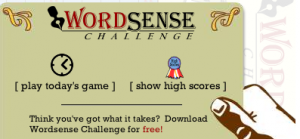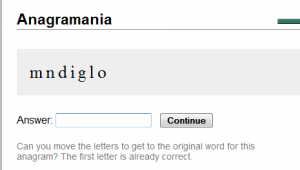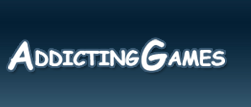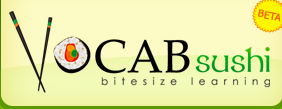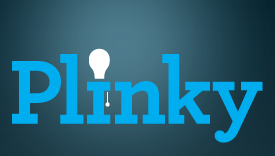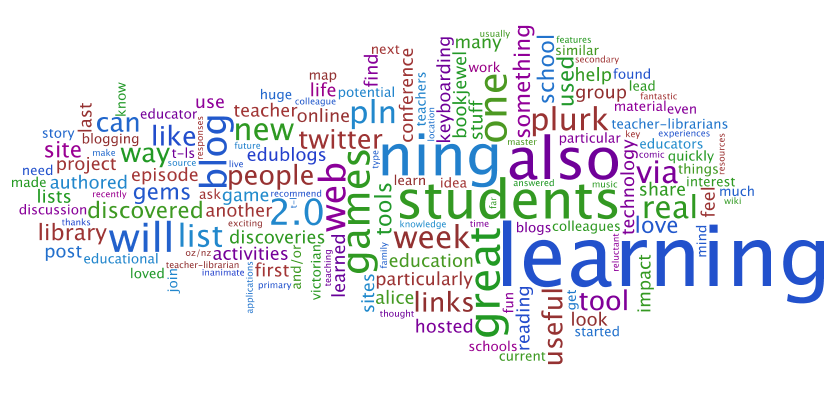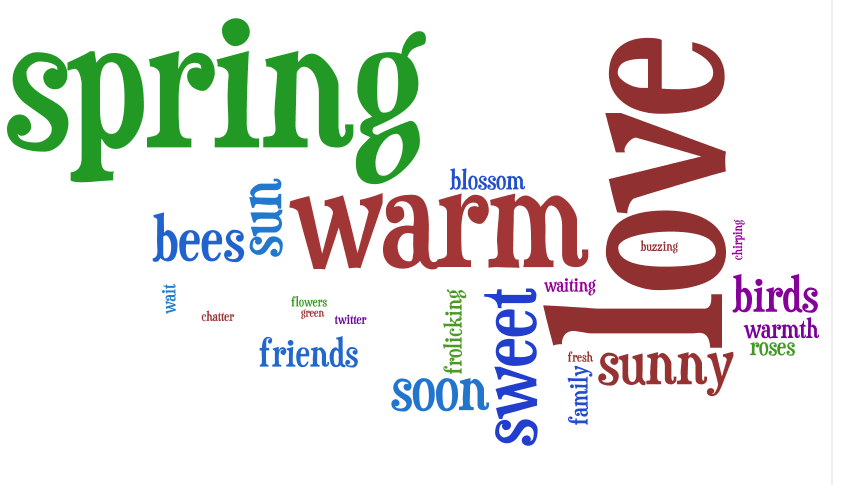I’ve always believed that the best teachers are those that reflect on their practice every day, after every class, in order to improve some aspect of their teaching. For me, when I first started working in education, this was often about survival. Disengaged students are difficult to manage and usually have a negative impact on the learning of others. A shift into chaos is only one bad decision away in the classroom. A bad class can also impact on teacher credibility and begin a downward spiral that I’ve seen leave teachers bitter and twisted until retirement.
In my graduate days I would always leave each class critiquing the lesson and visualising the next one. Sometimes this meant going home with a stack of books to research and plan the next day’s ‘whiz bang’ lesson. I would spend hours (literally) creating a task to ‘bring the students back’ so that they would learn more the next time. My hours of work almost always paid off. However, it also brought moments of clarity and reflection of a different kind. I’m thinking of those lessons when I’d arrive in the classroom and a more senior teacher would come in and take half the students out of the class for some reason or another, or I’d learn that there was a visiting guest speaker and the lesson would finish early (or insert other options: photo day, Open Day, visiting politician/athlete/motivational speaker/expert/author etc) and my hours of work felt wasted. (How many moments did I miss with my family and friends while I worked intently on the planning for one class?) Then there were those lessons when my hours of work paid off and the students worked brilliantly for an entire 20 minutes, motivated to work quickly, my hours of work had created a frenzy of learning energy that almost made those ‘lost hours’ worth it. However, my hours had only translated into mere minutes in the classroom.
These days there is a huge range of relevant research, support materials and strategies just a click away. Some of the sites I have found useful over the years are listed below:
The Australian Society for Evidence-based teaching: http://www.evidencebasedteaching.org.au
Free Technology for Teachers: http://www.freetech4teachers.com
Visible Learning: https://visible-learning.org
Learning Horizon: http://www.learninghorizon.net/lh-overview/
MyRead: http://www.myread.org

